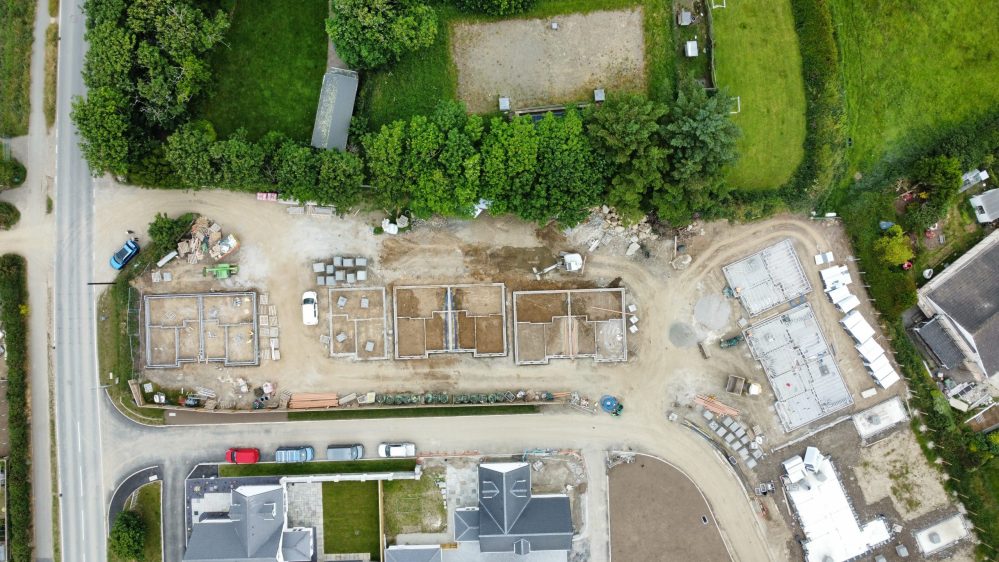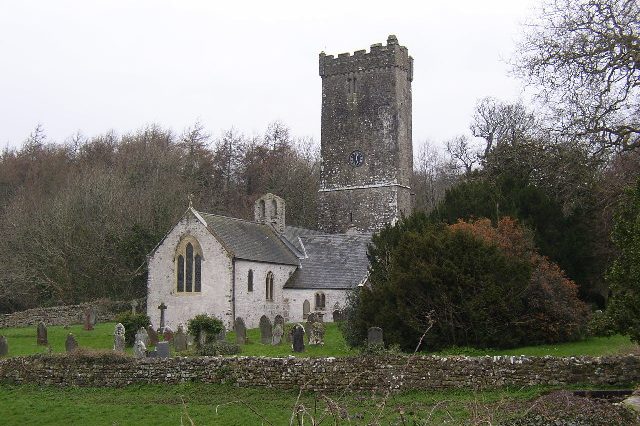Politics
‘Lazy voters led to Conservative win ‘


David Cameron: Helped to victory
by negative campaign
SHY TORIES’ were not responsible for David Cameron’s shock majority in the 2015 Genereal Elections, according to the respected polling analysts responsible for a new study of the election.
Instead, the pollsters claim that around 10% of people who said that they would be voting Labour in the build-up failed to do so.
It is a commonly held belief that people who are unwilling to express a political opinion are more closely aligned with the ideologies of the Conservative Party. However, analysts said that a last-minute drift away from Labour, partially as a result of an intensive ‘negative’ advertising campaign by the Tories, was far more influential.
Robert Worcester and fellow analysts from Mori, who along with other opinion polls were widely accused of misreading public opinion back in May, claimed that if that 10% had voted, then there would have been a hung parliament.
Nearly all of those who said that they would vote Conservative went on to do so, Mr Worcester added.
These claims are explored in greater depth in a study ‘Explaining Cameron’s Comeback’ which was recently published.
Also highlighted were Conservative gains from the Liberal Democrats, which accounted for 27 of their seats, and Scottish Labour’s catastrophic wipeout at the hands of the SNP.
Another of the study’s authors, Roger Mortimore, Professor of Public Opinion and Political Analysis at King’s College, London, said: “What really happened was that the Conservatives and Labour were in a draw – stalemate. Neither of them landed a punch on each other.
“But at the same time the Conservatives beat the Liberal Democrats and the SNP beat Labour.”
“Those 27 gains are the difference between a hung parliament and the Conservative majority they actually got. That is why we now have a Conservative majority Government.”
Mr Mortimore also suggested that it would be ‘very hard’ for Labour to regain a majority unless they overturned the SNP majority in Scotland.
Paul Baines suggested that the negative campaign run by the Conservatives, which stoked fears in middle England of a Scottish party being in partial control of England, was another major reason for their success.
Suggesting that evidence showed that people gave more credence to a negative campaign, Mr Baines said: “ Most people thought that the Conservatives used the most negative campaign – and of course, they did.”
Mark Gill said the two key tasks facing Jeremy Corbyn’s party were to rebuild in Scotland and take seats from the Conservatives before suggesting that they were nowhere near achieving either of these aims.
“Jeremy Corbyn has not started well amongst the general population,” he added, suggesting that the image of the Labour party had deteriorated, and was now seen as divided.
Plaid Cymru’s failure to take more seats in spite of Leanne Wood’s participation in televised debates was down to much of that exposure being in places (like England) where Plaid Cymru candidates were thin on the ground.
“It wasn’t really new for Welsh voters to see Leanne Wood,” he commented.
News
Community asked for views on allocation of new St Davids homes

THE FIRST phase of Pembrokeshire County Council’s Glasfryn housing development in St Davids is progressing well with the second phase also underway.
The development being built by GRD Homes Ltd, began in November 2023, with a first phase completion date of Winter 2024 looking hopeful, ahead of the scheduled plans.
The first phase consists of seven properties, including a mixture of one and two bedroom bungalows
As completion draws closer the properties will be advertised via Pembrokeshire Choice Homes.
Ahead of this, the Council’s housing team will be holding community engagement on the 13th August 2024 at the Ty’r Pererin Centres, Quickwell Hill, St Davids, SA62 6PD, 5pm-7pm.
This will be a chance for officers to liaise with the local community about the allocation process for these properties.
Glasfryn’s second phase is well underway, with the initial groundwork already completed. This phase includes a further 11 two bedroom bungalows, with a completion date in late 2025.
These bungalows will meet the latest Welsh Government’s Development Quality Requirement, and will be energy efficient, built to EPC A specification and include solar panels to help tenants with running costs.
The Glasfryn development is funded in partnership with Welsh Government.
Cabinet Member for Housing Cllr Michelle Bateman said: “We are really keen to work with the community on a local lettings policy for these new properties, as we have done for our developments in other parts of the County.”
If you have any queries please email the Customer Liaison Team on [email protected], phone them on 01437 764551, or visit Housing’s Facebook page.
Business
Legal call to stop £6m expansion of holiday park still ongoing

A LEGAL request to overturn a Pembrokeshire County Council-granted approval for a £6m expansion of a south Pembrokeshire holiday park is still ongoing despite a previous announcement it had been turned down, county planners heard.
Back in February, Pembrokeshire planners were informed a legal challenge to a November 2023-granted application for works at Heritage Park, Pleasant Valley/Stepaside had been launched.
The holiday park scheme had previously been backed twice by county planners after a ‘minded to approve’ cooling-off period was invoked as it was against repeated officer recommendations to refuse.
The controversial scheme by Heritage Leisure Development (Wales) Ltd includes the installation of 48 bases for holiday lodges, a spa facility at a former pub, holiday apartments, a café and cycle hire, equestrian stables, a manège and associated office, and associated works.
It is said the scheme, next to the historic remains of the 19th century Stepaside ironworks and colliery, will create 44 jobs.
Officer grounds for refusal, based on the Local Development Plan, included the site being outside a settlement area.
Along with 245 objections to the current scheme, Stepaside & Pleasant Valley Residents’ Group (SPVRG Ltd) – formed to object to an earlier 2019 application which was later withdrawn – also raised a 38-page objection, with a long list of concerns.
A failed legal challenge to try and overturn a council decision to approve three separate planning applications at Heritage Park was launched in 2021 by SPVRG Ltd, which failed in early 2022; the council awarded costs of £10,000 despite external legal fees paid totalled £34,000 plus VAT.
At the June meeting of Pembrokeshire County Council’s planning committee members were told the recent judicial review call by SPVRG Ltd had been refused by the high court, the grounds put forward “not considered to be reasonably arguable”.
Committee chair Cllr Simon Hancock said a council request for SPVRG Ltd to pay costs incurred by the county council in defending the claim had now been submitted.
Following that, at the July planning meeting, in his chair’s announcement, Dr Hancock gave a clarification on the position.
“I can advise that whilst the application for judicial review was refused by the High Court Judge on May 31, 2024, the appellants have challenged this decision.
“This matter is listed for a renewal hearing, and accordingly the legal challenge is still in progress; I’m hoping that’s a clarification from the announcements I made back in June.”
Responding to the clarification, Trish Cormack of SPVRG Ltd pointed out it was not “an appeal,” adding: “Firstly, we are ‘requesting the decision to be reconsidered at a hearing,’ which is a bit less dramatic than ‘challenging the decision’.
“Secondly, the claim remains open for seven days after the decision on the papers in expectance of you requesting the hearing, and the form 86B comes attached to the decision with the case number already filled in for you. This is just part of the process for a judicial review. If the Judge really thought there were no merits to the case, he was free to issue a ‘without merits refusal’.
“That would have ended the claim there and then. The only way to resurrect it would have been to take it to the appeal court. But he didn’t.
“Thirdly, the announcement makes it sound like our ‘challenge’ had happened after their previous announcement, whereas in fact we only had seven days from May 31 in which to make the request, so they knew the moment we did (June 7) because we had to simultaneously email it to the court, PCC and the developer’s agent. So, they knew full well that there would be a renewal hearing.”
Farming
Farm building scheme near Lawrenny given go-ahead by planners

AN APPLICATION for a storage building at a south Pembrokeshire farm, made by a family member of an officer on Pembrokeshire County Council’s planning service, has been given the go-ahead by the authority’s planning committee.
In an application recommended for approval at the July 23 meeting of the authority’s planning committee, Laura Elliot sought permission for the erection of an agricultural storage building at Tedion Farm, a dairy farm near Lawrenny.
The application had been brought to committee, rather than being delegated to planning officers, due to the family connection.
The farm, near to the Pembrokeshire coast National Park border, comprises 270 milking cows and dairy heifer replacements kept on the farm comprising land over 138 hectares. The farm is mainly down to grass and the cows are paddock grazed in order to utilise grass efficiency.
No objections had been received from local community council Martletwy.
A report for members said: “The application seeks consent for the erection of agricultural storage building. The erection of an agricultural building will be used to store stay, hay and farm machinery.
“The building would be located within the existing farm complex, to the north-east of the site, adjacent to the main farm dwelling. The building will measure 18 metres in length by 13.6 metres in width, with a pitched roof height of 5.71 metres.”
Approval was moved by Cllr Alistair Cameron, seconded by Cllr Brian Hall.
-

 Education5 days ago
Education5 days agoMilford Tesco worker achieves Oxford dream and lands top legal job
-

 Crime4 days ago
Crime4 days agoHaverfordwest man admits having nearly 1000 child and animal images
-

 Crime4 days ago
Crime4 days agoYouth set to appear in court over serious sexual offences
-

 Crime4 days ago
Crime4 days agoPolice investigating after man injured during altercation in cemetery
-

 Education4 days ago
Education4 days agoPupils delight in ice cream treat from Pembrokeshire’s number one van
-

 Crime4 days ago
Crime4 days agoTown centre ‘stinking of skunk’ as police strip cannabis farm
-

 Crime3 days ago
Crime3 days agoFag-butt police court summonses spark debate in Pembrokeshire
-

 News6 days ago
News6 days agoProposal to give firefighters a council tax discount to go to Cabinet




























